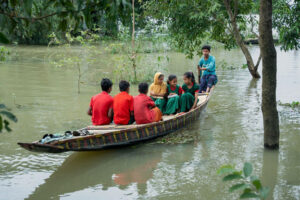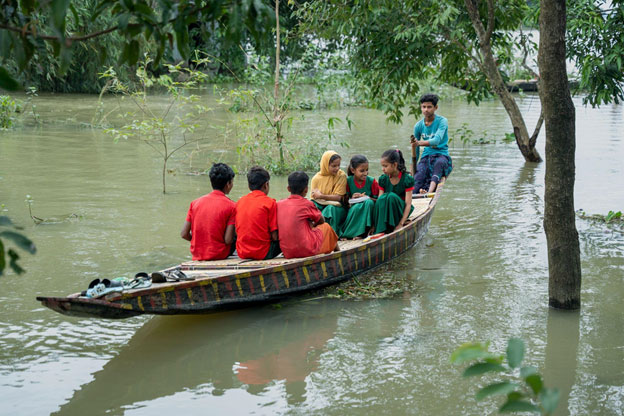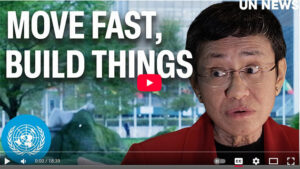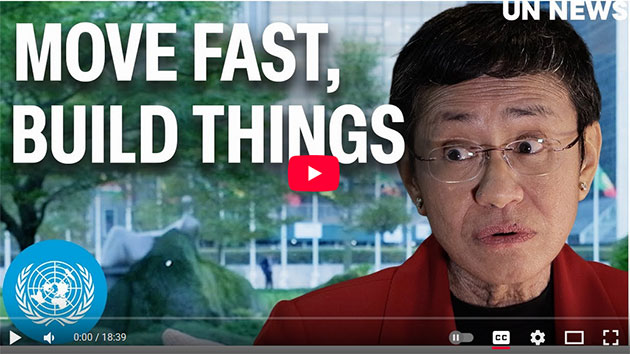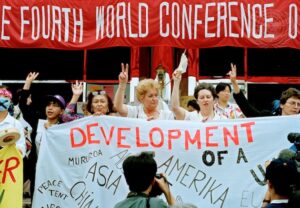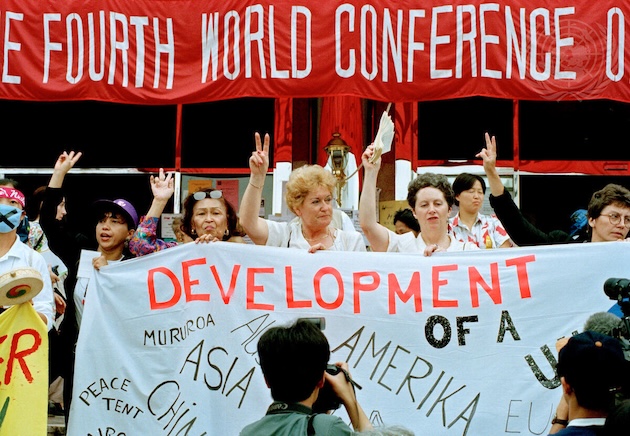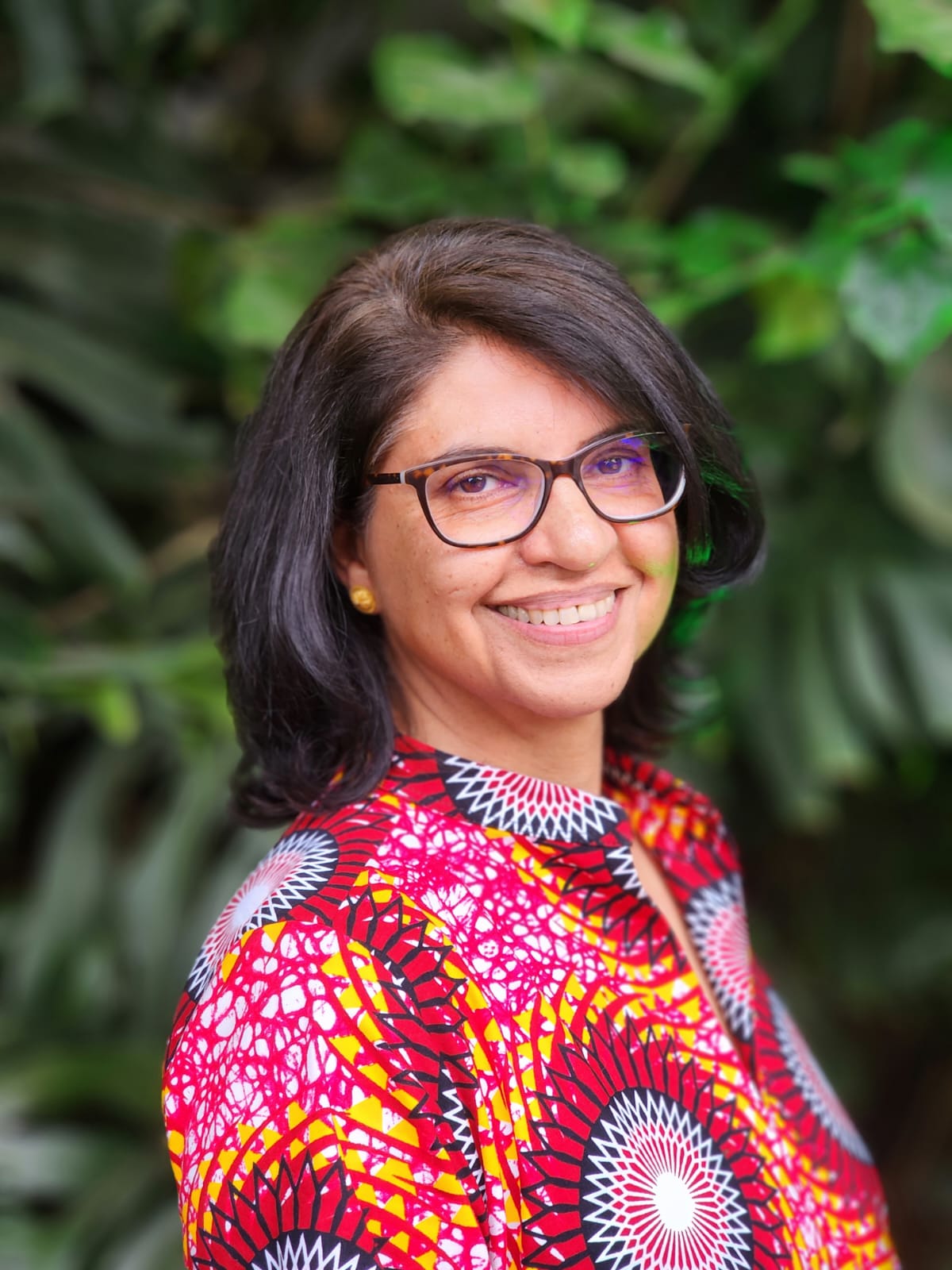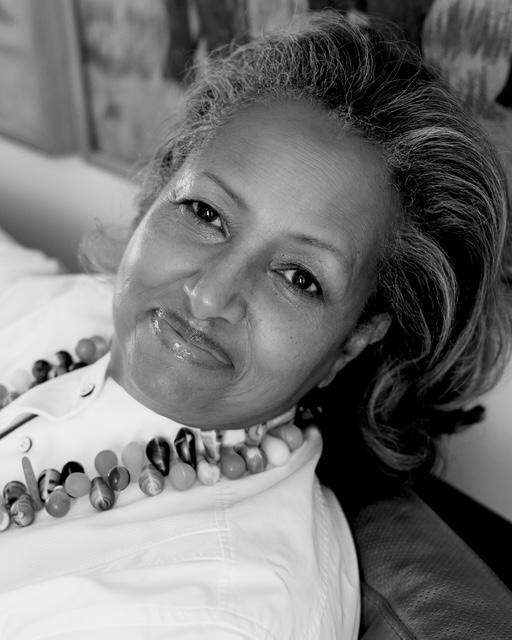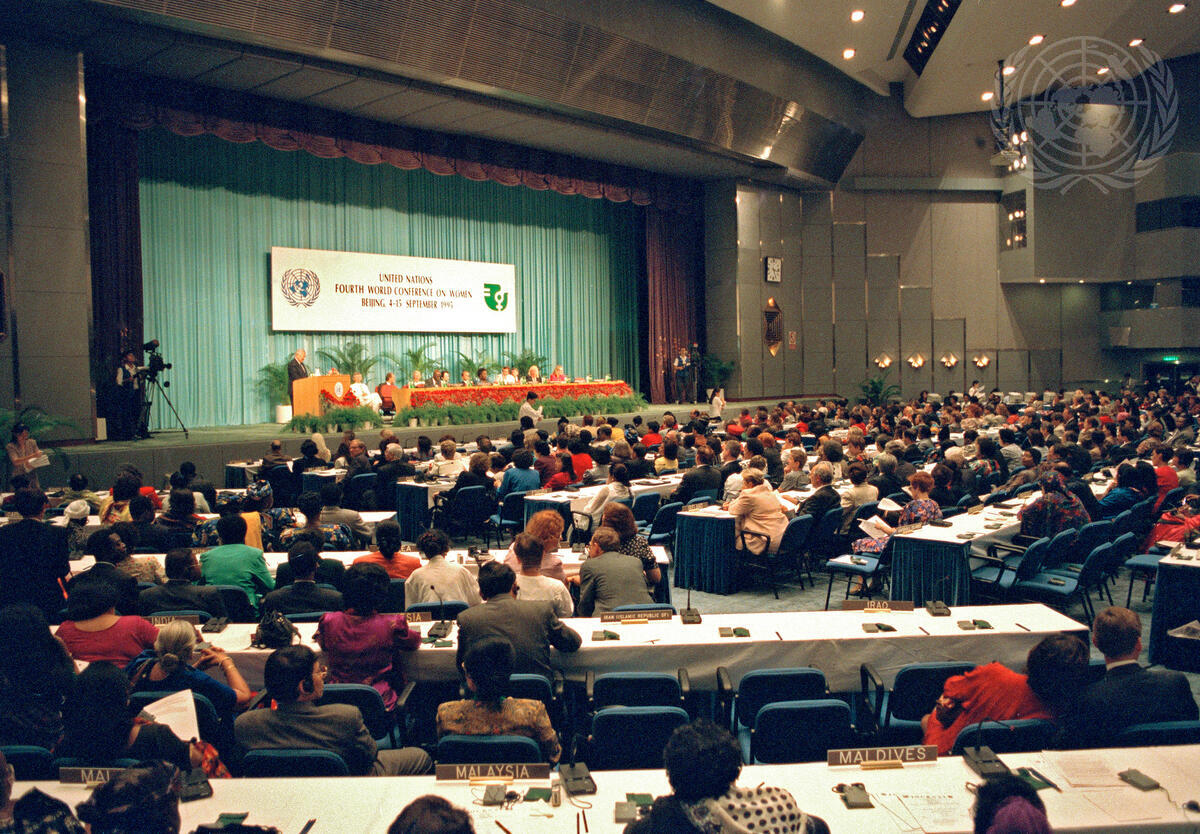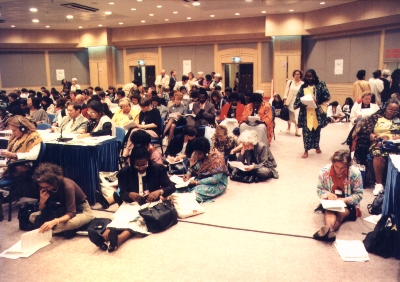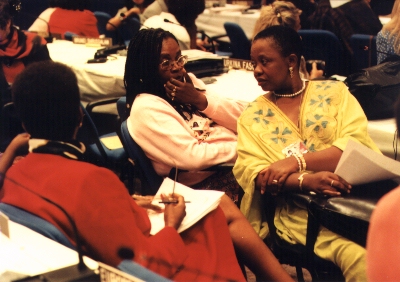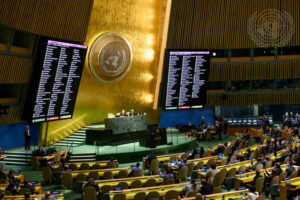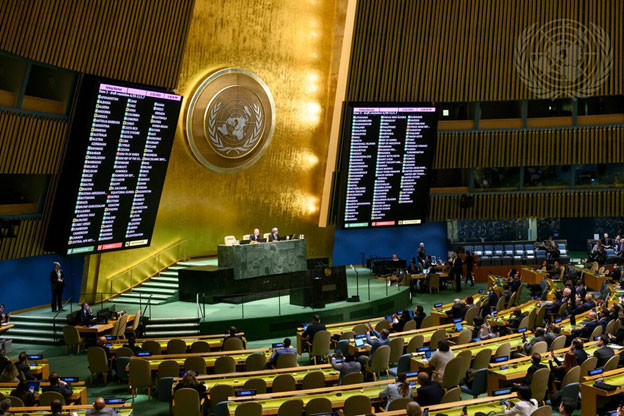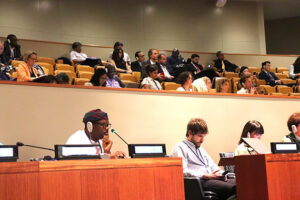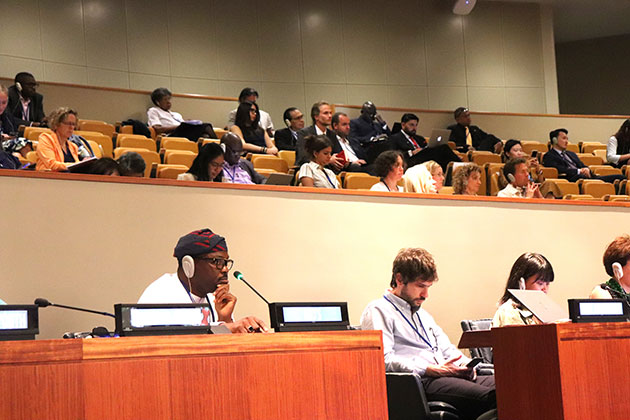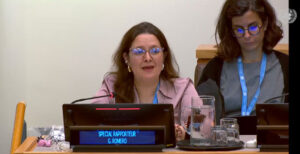
Civil Society, Global, Global Governance, Headlines, Human Rights, International Justice, IPS UN: Inside the Glasshouse, Sustainable Development Goals, TerraViva United Nations
Gina Romero is UN Special Rapporteur for the rights to freedom of assembly and of association.
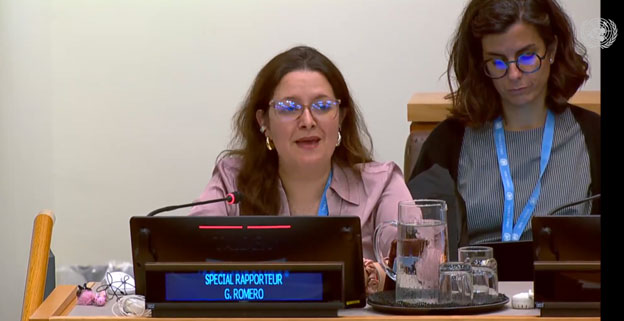
Credit: UN Web TV
– The collapse of aid architecture is one of the greatest dangers for civic space. This shift is not accidental but systemic, reflecting deliberate policy choices – not only by the US but accelerated by its decisions- that prioritize security agendas over human rights and solidarity.
Aid cuts, securitization, and geopolitical rivalries have led to the defunding of grassroots organizations, especially those led by women, LGBTQI groups, and marginalized communities. As a result, associations that once filled critical gaps are disappearing. These dynamics as existential because without resources, protections, and solidarity, civil society cannot survive—let alone flourish.
This is the center of my more recent report, that will be presented at the UN General Assembly on October 16th.
Civil society’s weakening has direct consequences for human rights protection and democratic participation. Without independent associations, accountability mechanisms collapse, and corruption flourishes. The report highlights that marginalized groups are disproportionately affected, as grassroots organizations are often their only safety net. The dismantling of solidarity also jeopardizes progress toward the Sustainable Development Goals (SDGs).
For example, women’s organizations that once advanced gender equality and access to reproductive health are closing. LGBTQI associations providing health services face funding cuts. Environmental defenders, crucial in climate justice, are left exposed.
Thus, the report warns that the rollback of aid and civic freedoms undermines not only democracy but also global commitments to equality and sustainability.
The report makes a call for urgent action to rebuild international solidarity and redesign the architecture of aid in ways that strengthen rather than weaken civic space. The vision is for a people-centered, rights-based, and sustainable system of cooperation. Key elements include:
Guaranteeing equitable access to resources: ensuring groups with high vulnerabilities, have direct and fair access to funding. Includes aid models that channels resources to local civil society, avoiding intermediaries, and simplified bureaucratic procedures.
Repealing restrictive laws and counter-terrorism measures: ending the misuse of security frameworks—such as counter-terrorism and anti-money laundering— and repealing laws that stigmatize NGOs as “foreign agents” or limit their ability to operate freely.
Ensuring meaningful participation of civil society: in multilateral decision-making, as equal partners shaping priorities, including global financing mechanisms and SDG implementation frameworks.
Aligning aid with human rights and civic space protection: Condition aid and credits on compliance with obligations to protect freedoms and rights and promote long-term, flexible funding instead of short-term project-based support.
Protecting digital freedoms and resisting securitization: Safeguarding the use of technologies, including spyware and facial recognition technologies, for association and assembly while preventing its misuse for surveillance and repression.
Reimagining solidarity: Shifting from a charity-based approach to one of global justice and shared responsibility; supporting civil society is not an act of benevolence but a legal and moral obligation under international human rights law.
IPS UN Bureau

